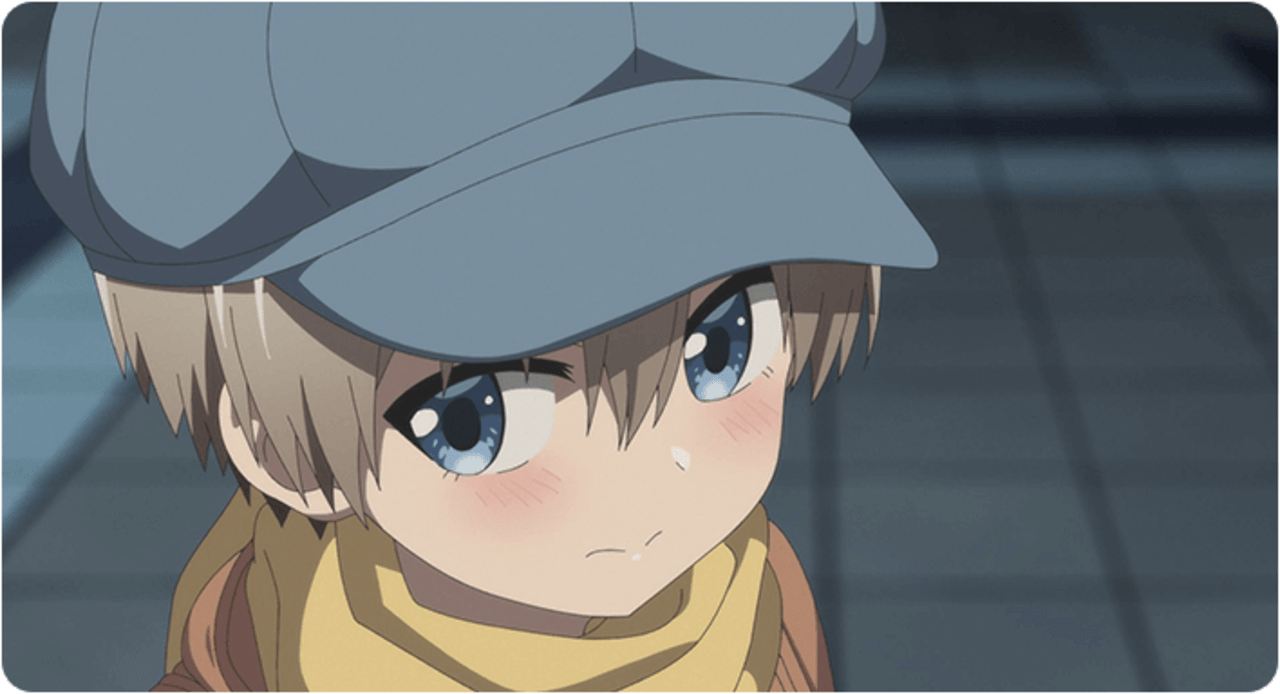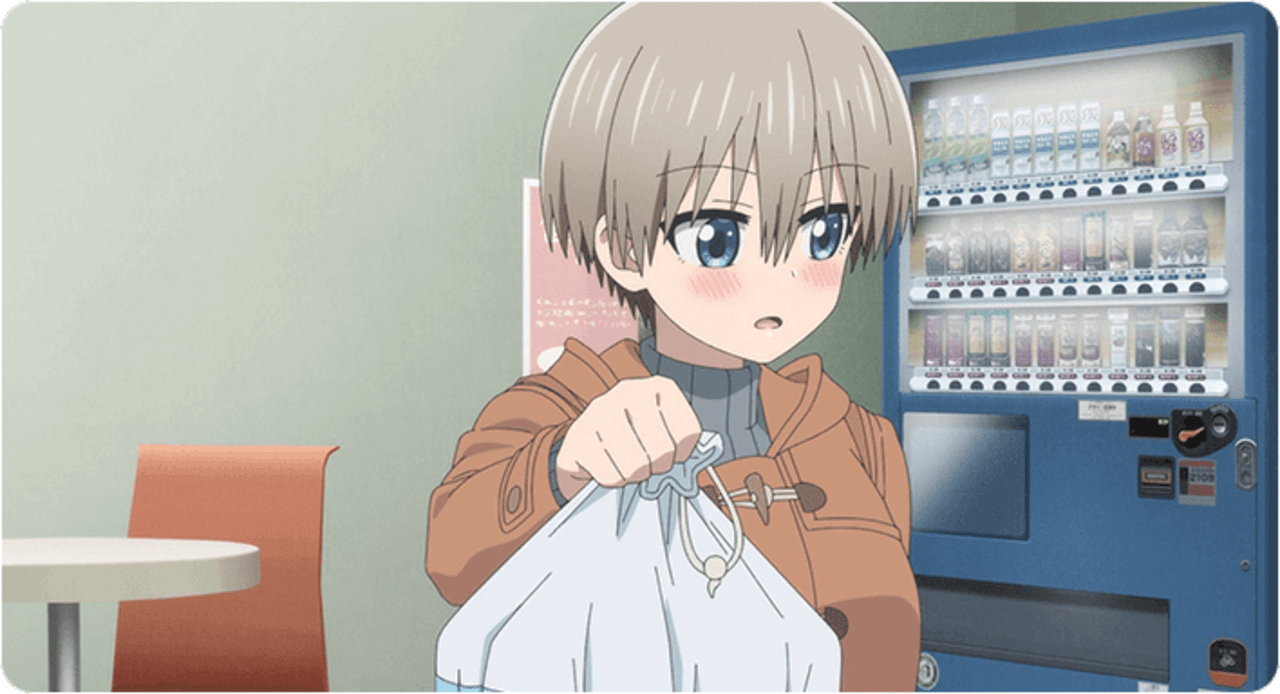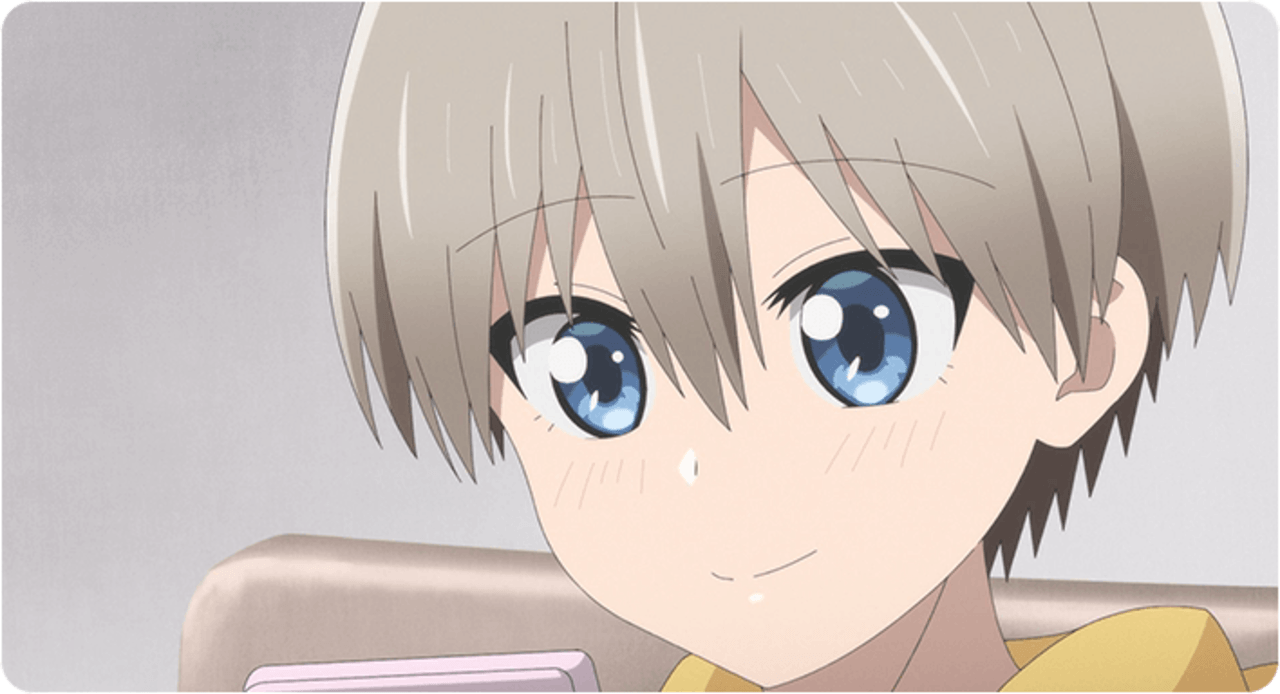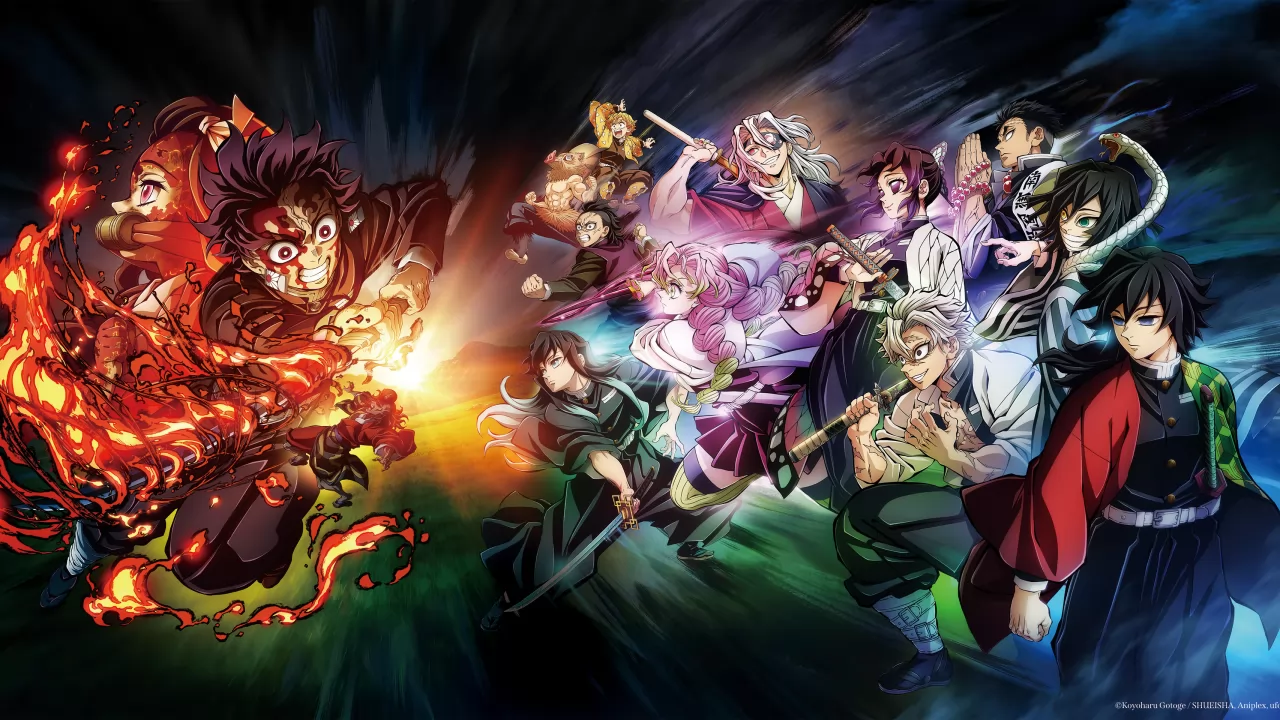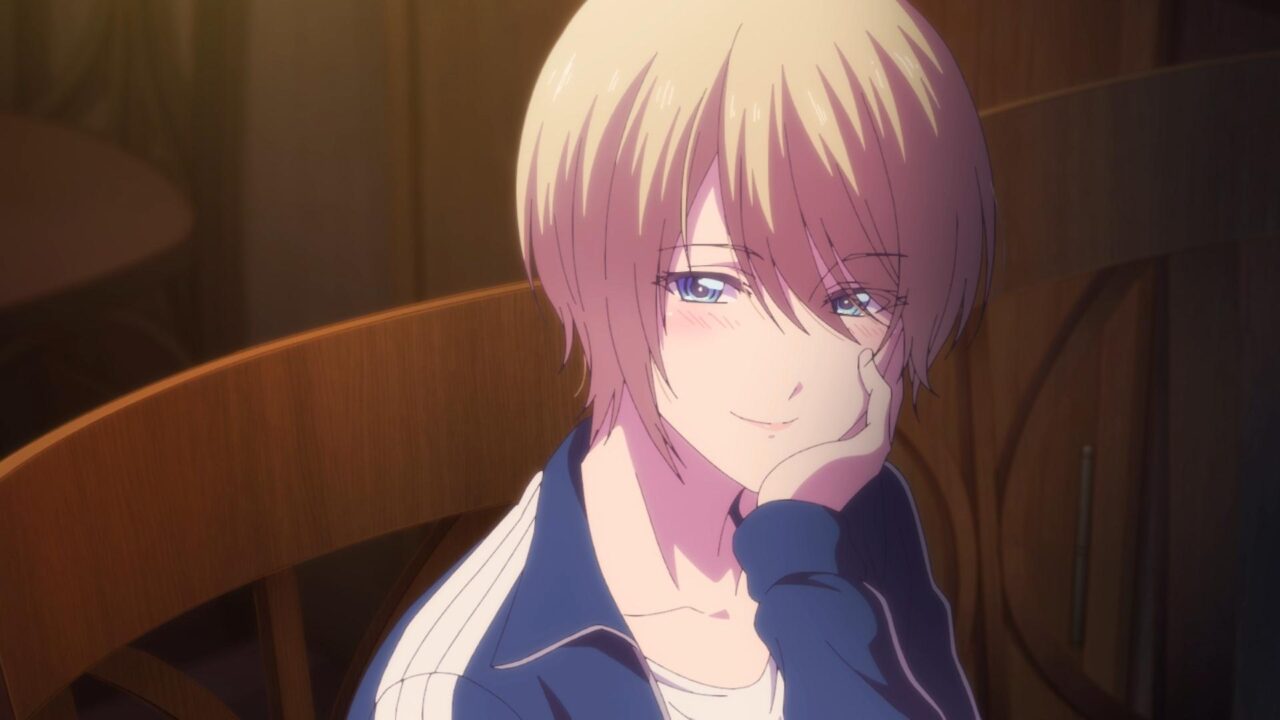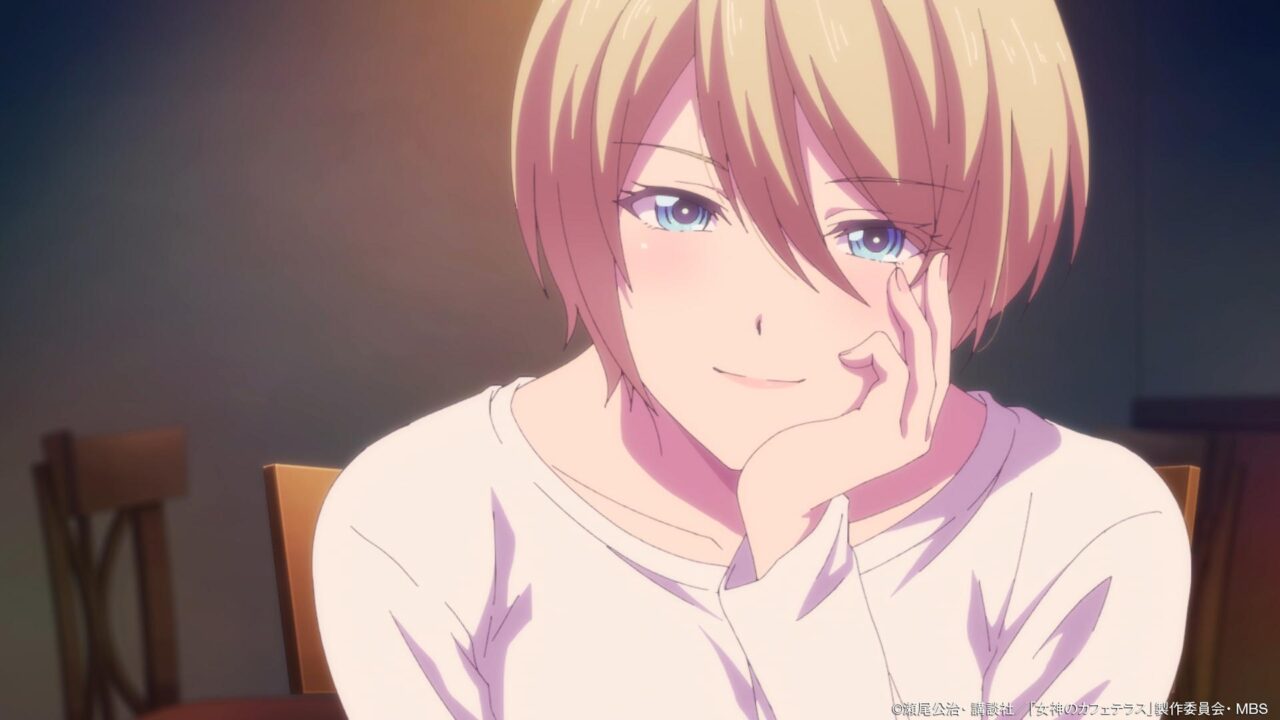Reservation! This review about 86: Eighty-six may contain spoilers. If you haven’t seen the series yet, I recommend you watch it and then come back to read the review.
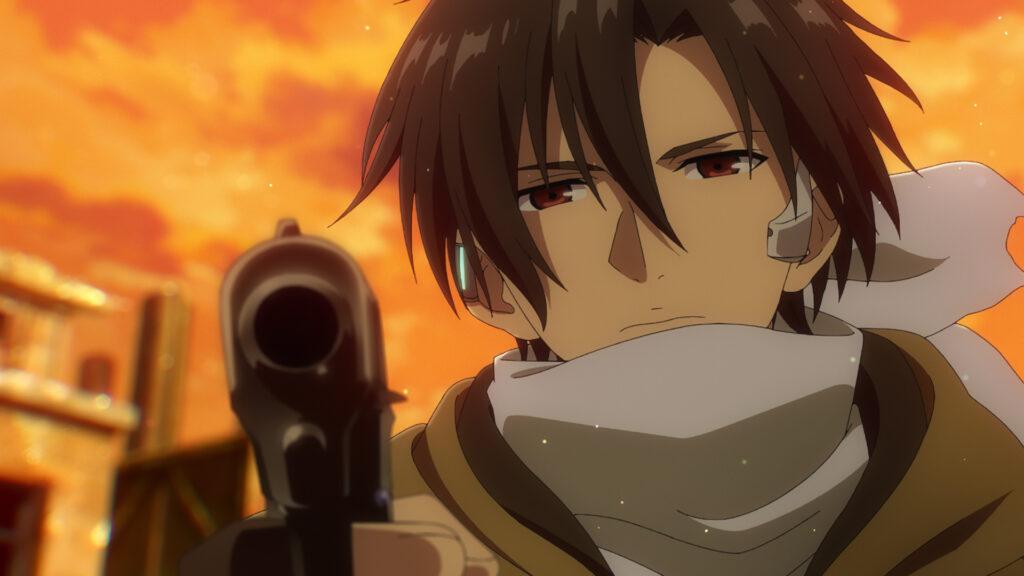
86: Eighty-six is an animated adaptation of the novel of the same name, written by Asato Asato and illustrated by Shirabi. The story is classified in the genres of science fiction, military and drama and consists of 23 episodes adapted by the studio A-1 Pictures. As can be inferred from the genres they list, this story tells us a human drama accompanied by a military campaign. While that is just saying, the premise of this incredible fiction is very brief.
The premise of this series may not be the most appealing to the general public, but the military genre might turn many around. However, the script work is a hard attribute to this story to ignore. Beyond the warlike conflict that exists in the universe of 86: Eighty-six, the human drama as well as the social criticism impregnated in the story make this fiction something essential for lovers of realism. Despite being a work of fiction, the situations it depicts and the conflicts it develops do not take long to overcome the reality in which we live.
What is 86: Eighty Six about?
We are in the Republic of San Magnolia, a place that has long been under siege by its neighbor, the Giadian Empire. Responsible for developing a line of unmanned drones called the Legion. After years of meticulous research, the Republic managed to create its own autonomous drones, turning the one-sided battle into a war without casualties, the government claims. But the truth is, there’s no war without blood. Beyond the fortified walls that protect the 85 Republican territories lies the “nonexistent” Sector 86. Branded as the 86, the young men and women of this desolate land, stripped of their humanity, pilot the unmanned drones in every battle.
In the midst of these young men we have Shin, directing the actions of a detachment of young eighty-six on the battlefield. As a counterpart, she has Lena, a “Handler” who leads the command from afar. This story begins when Lena becomes the new handler for the “Spearhead” squad commanded by Shin. Through the idealistic Lena’s interaction with the Eighty-Six, we learn the truth behind the war and the ferocity of the Republic that “protects” them. Advance on a dirt road to a destination beyond the conflict.
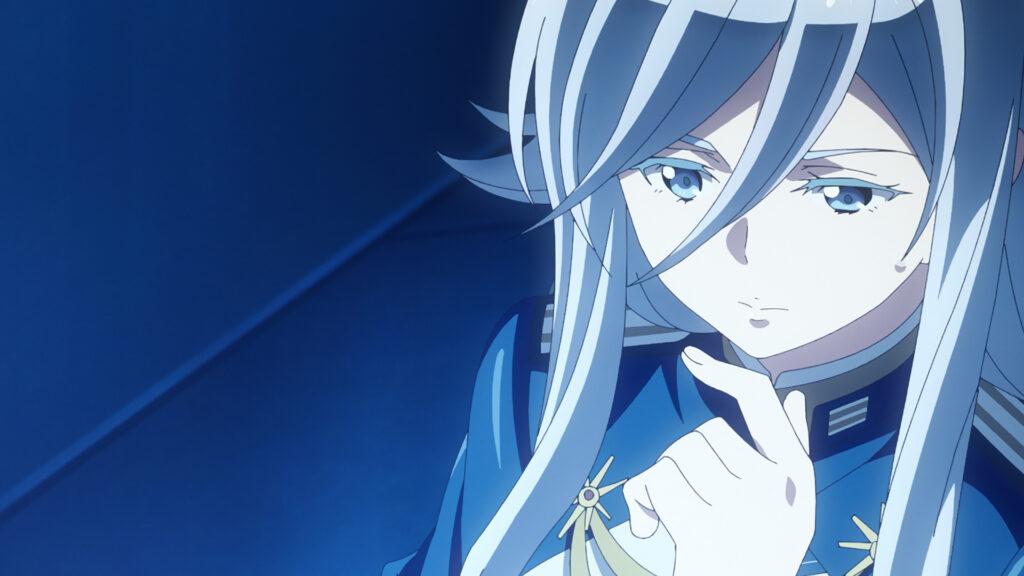
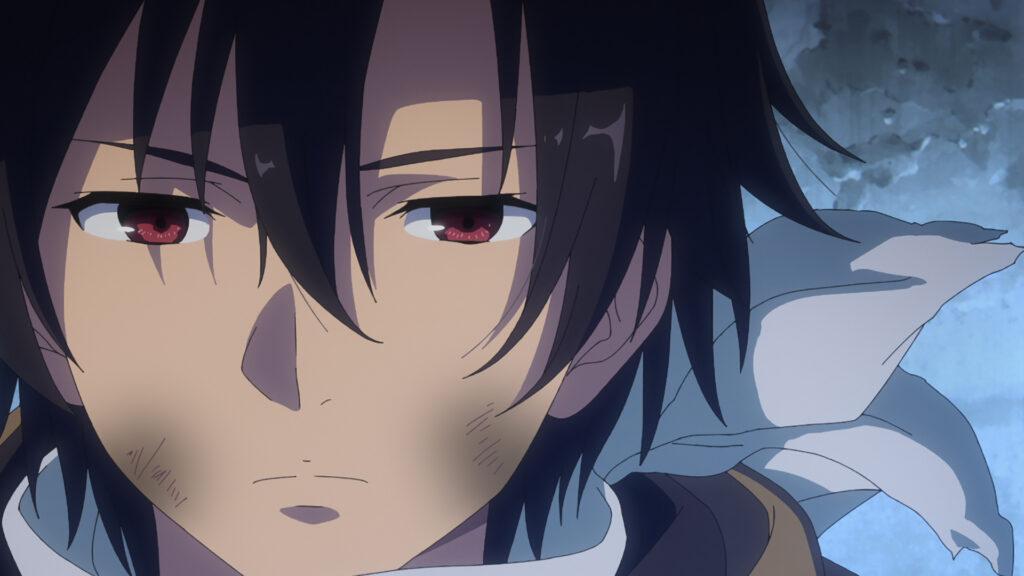
The good: the harmonious martial, ethical and moral conflict
86: Eighty-six It’s an anime with many assets, the animation and the soundtrack are key elements for the joy that this work generates. However, I’m tempted to say that the biggest asset for him is the script. That’s not to say that it’s a story without flaws and without clichés, but nonetheless it keeps its own rhythm and never stops moving forward. This is a story with a war conflict, the plot is expected to be a constant and can be seen as its main focus. However, the real beauty of this series lies in its story, the narration used in each episode, the internal monologues and the in-depth speeches are the true cornerstones of the series.
The political background of this story forces us to keep asking ourselves about morality and ethics in conflicts. The dehumanization of a minority as well as the praise of the privileged group are situations that provoke the strongest criticism of this story. But the story does not stop there, as it progresses it not only unleashes this series of criticisms, but also delves into the ideologies of the militia, political hypocrisy and is even not afraid to enter the conflict of political asylum.
Without a doubt, the script is to be admired, in this sense we can say that the character development is another plus point. It’s a war story, so casualties are inevitable, and as the script dictates, those casualties become an impetus and part of our characters’ growth. The constant loss and constant advance creates an amazing tension throughout the series. No death is wasted, and the advancing and retreating is always rendered perfectly, giving us tremendous empathy with the characters.
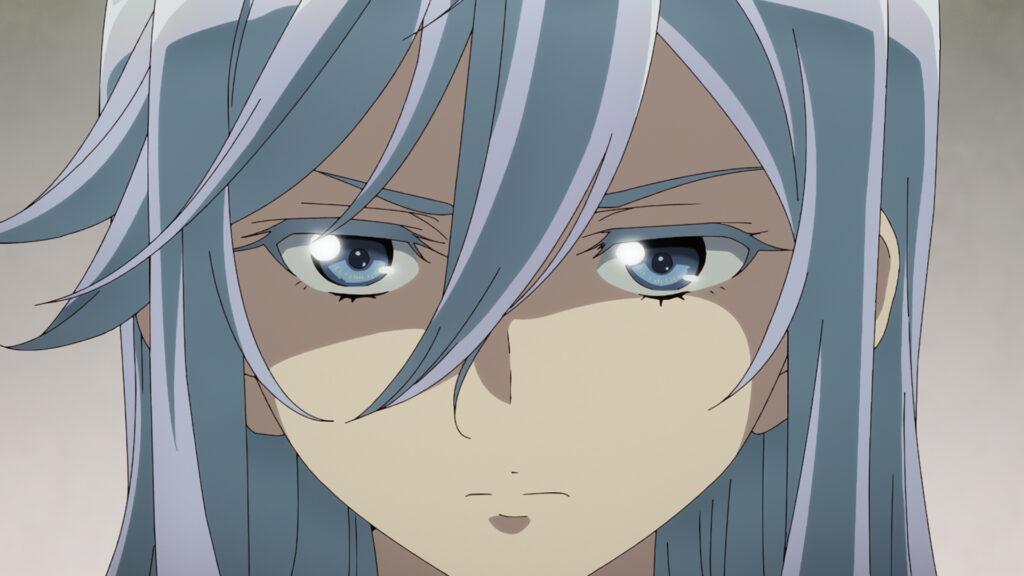
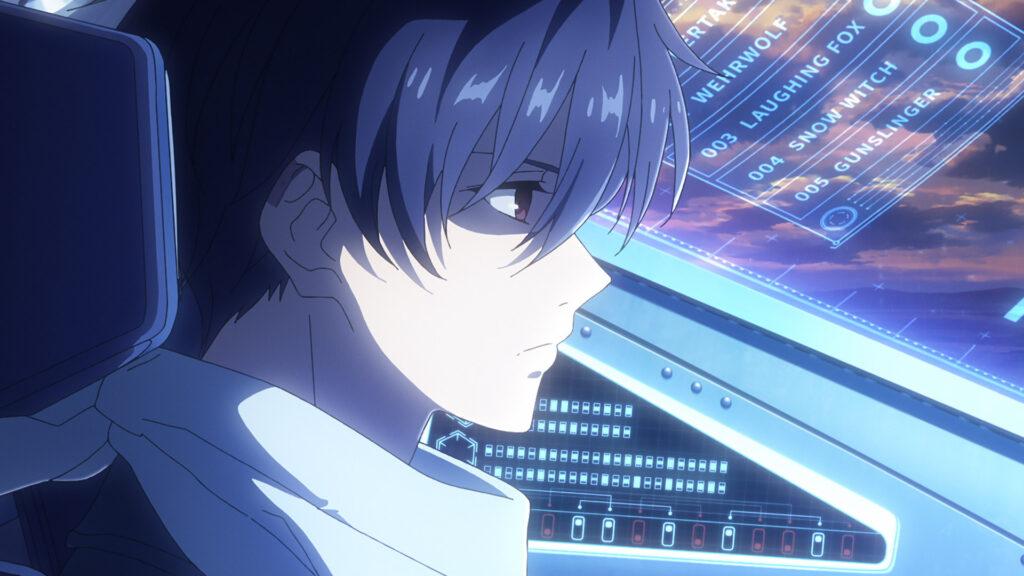
The Bad: How practically inconvenient the script is at times
When everything is going so well, it looks tired, maybe that’s the main flaw of this series. It’s not that everything is going well for our protagonists and they are progressing on a rose path, because that’s not the case. On the contrary, it’s all uphill and they rarely take a break. Whether in the Republic or the Empire, our protagonists must constantly deal with battles that should not be fought in the background. So for the story to progress it is necessary to have him in constant conflict, not only internally but also in war battles with the legions.
In my opinion the biggest flaw in this series is how extraordinarily practical each fight is, they always come at the ideal time to serve as an epiphany to an internal conflict. It’s a valid device, but when overused it becomes a simple convenience of the script and doesn’t feel as real anymore. Besides the fights there are other resources to let a character grow, for example the power of the dialogues should never be underestimated. Continuing with the convenience, it must be said that the protagonists’ incredible power and luck don’t play much in their favor either.
While I have no doubt that years of experience gives them some advantage over the rest, it seems to me that such an overwhelming advantage is overstated, even over veterans. Also add the luck you have to emerge victorious by chance in the final minutes. The power of the script really works both ways, the good and the bad for cases like this.
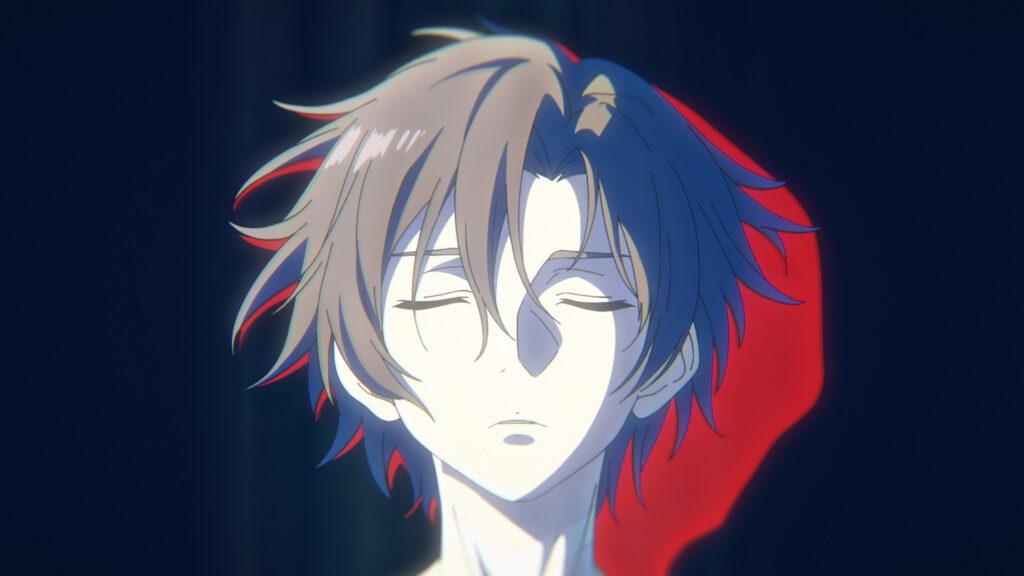
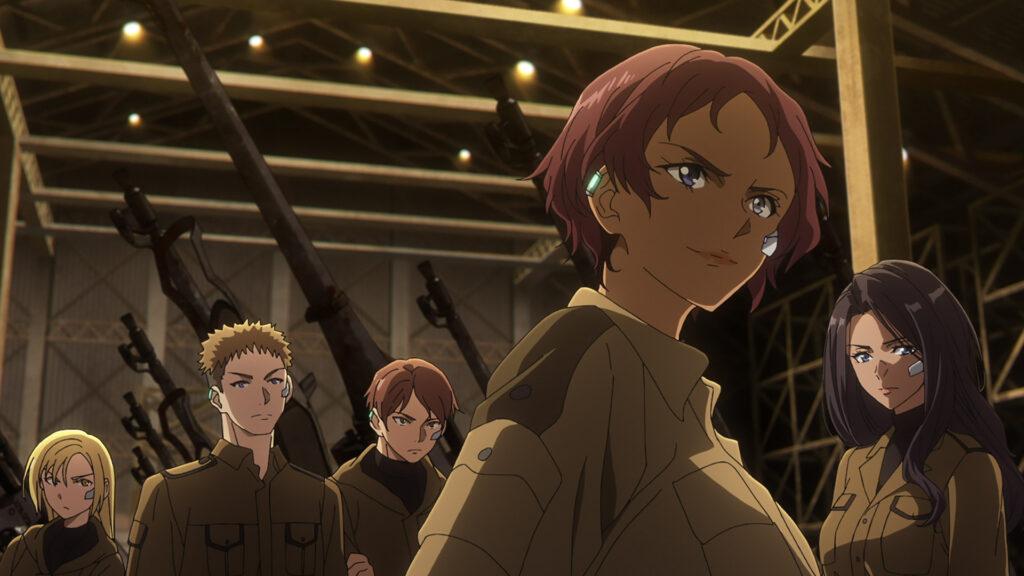
Final comment
86: Eighty-six It’s an anime with amazing visuals and an even better script. As I explained above, this story’s strength is also its biggest Achilles’ heel. However, that doesn’t mean you can’t have some balance that helps to enjoy this story immensely. In fact, once you dive into the world of this story, you’ll tend to forgo those scripted conveniences in favor of the great details that fall into the constant critique and mind-blowing development of our characters. Another point where you will enjoy the story more is the breaking point where the story is divided as we have to follow three times, the time in the republic, the time of “freedom” and the time in the empire.
To continue with the custom, and to end with it, all that remains is to give it a mark, well, for me this anime is a 94/100. It’s an excellent story with an excellent script and for me that’s all I’m always looking for in a series. The animation is another plus, the battles against the legions are amazing. And I have to say that the ending was absolutely moving, the reunion itself left this series at a pretty high level in my personal top anime.
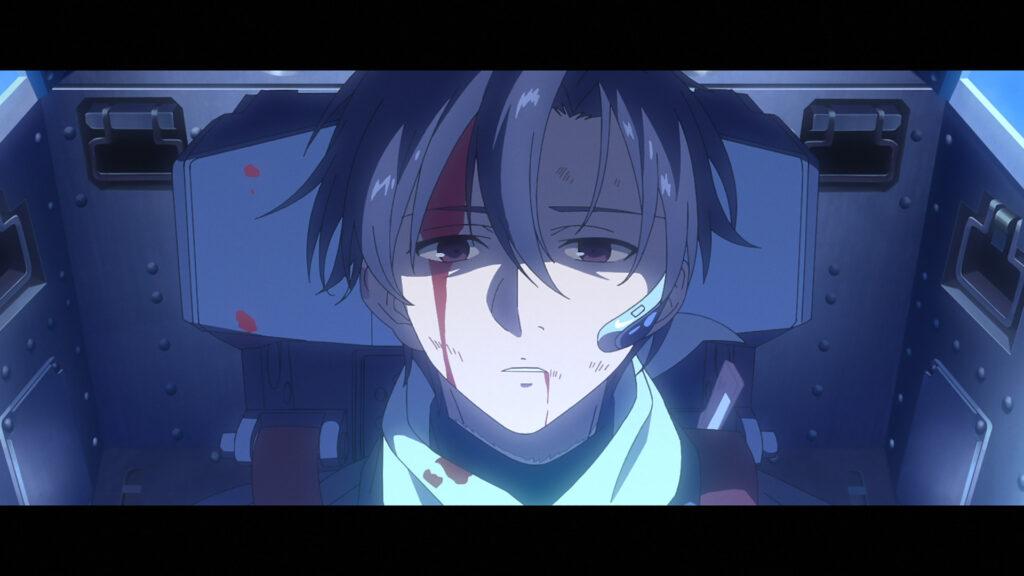
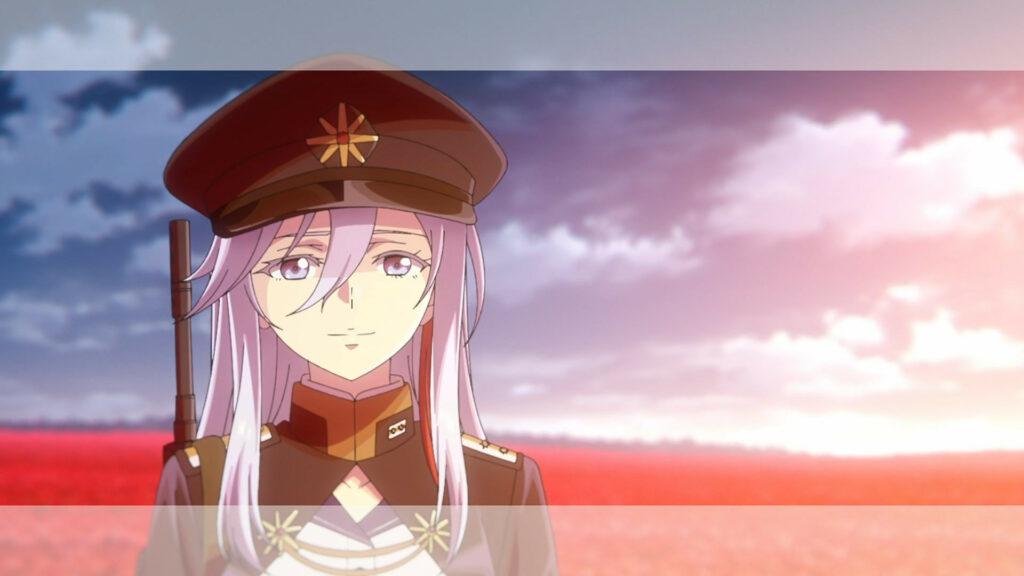
Anyway, those were my impressions of this anime, now tell me: what do you think of this story? What is your opinion on the script? For those who haven’t seen it yet, I invite you to try it because without a doubt this is a jewel of the military genre.

